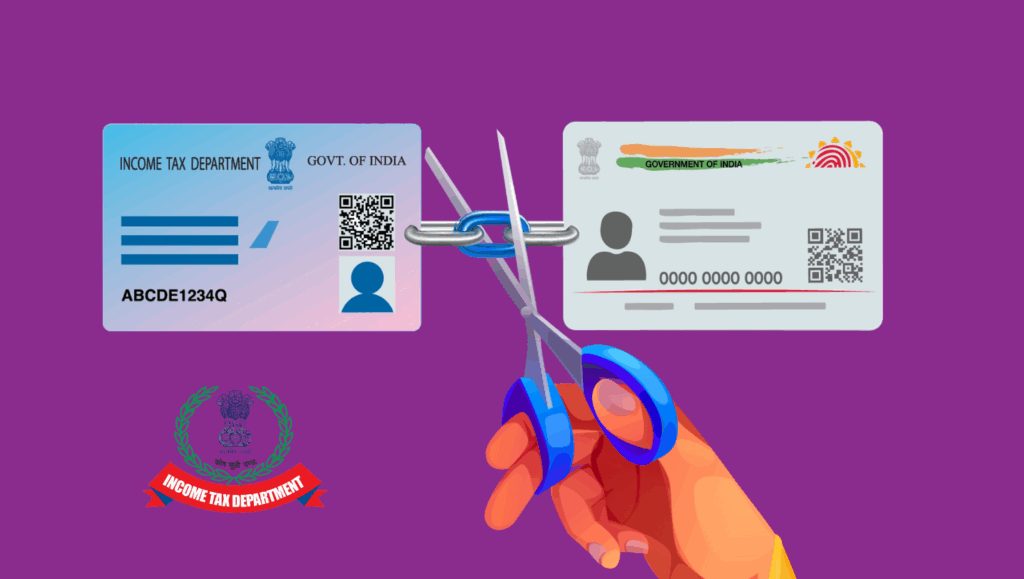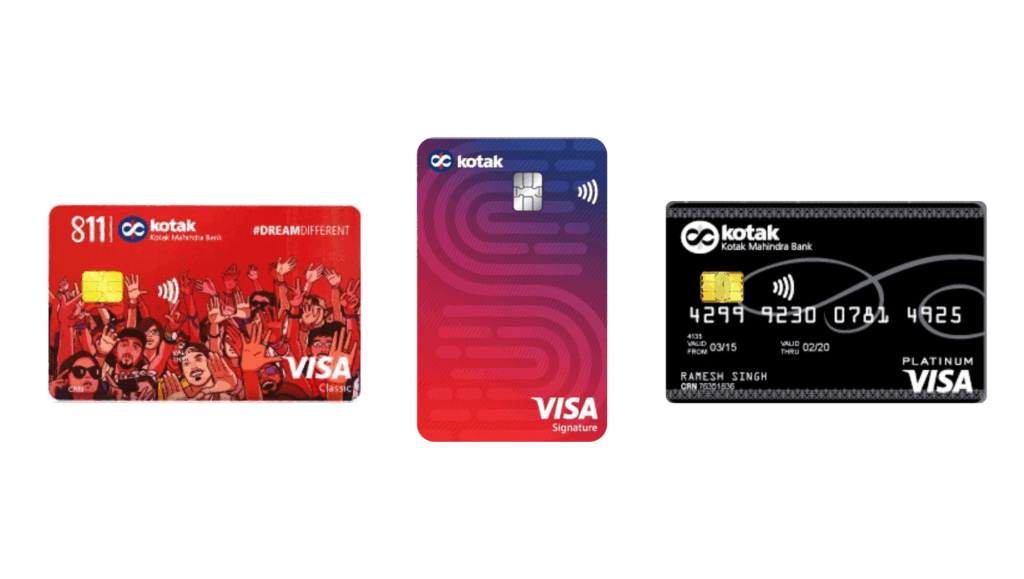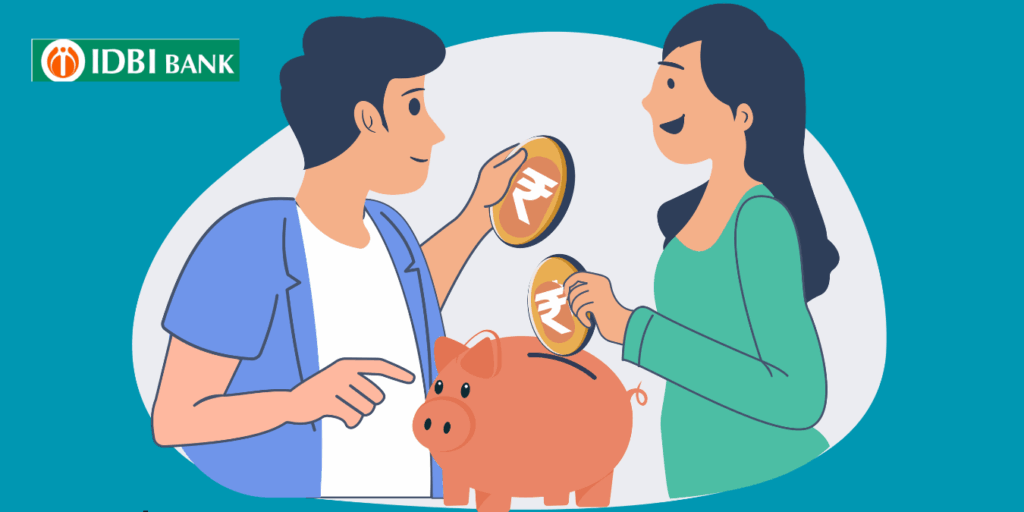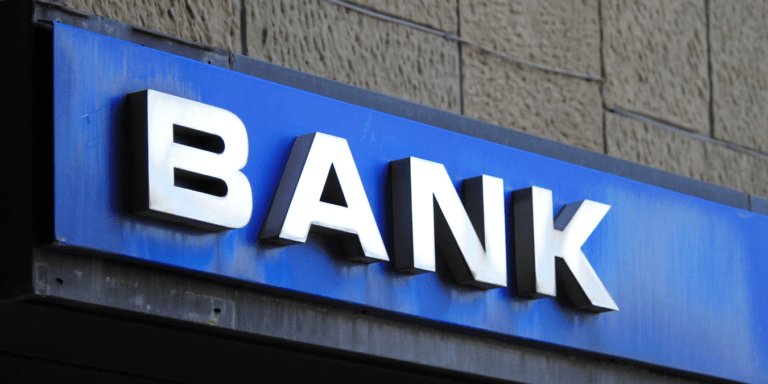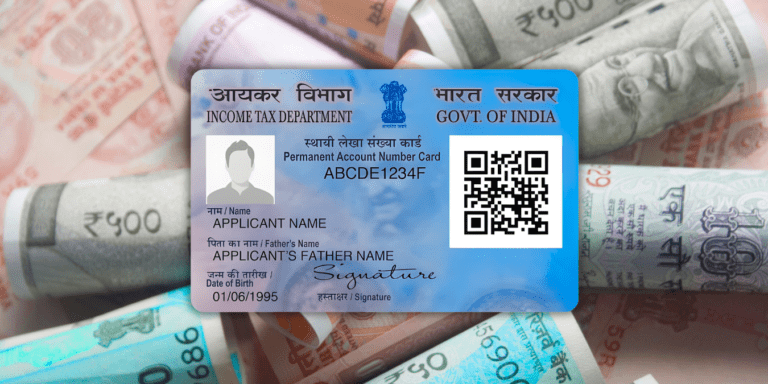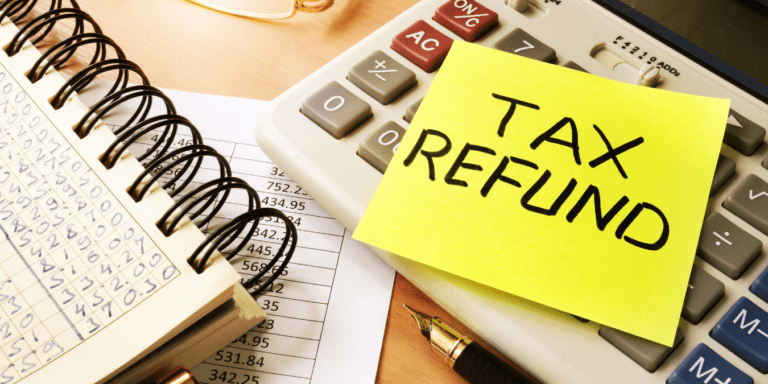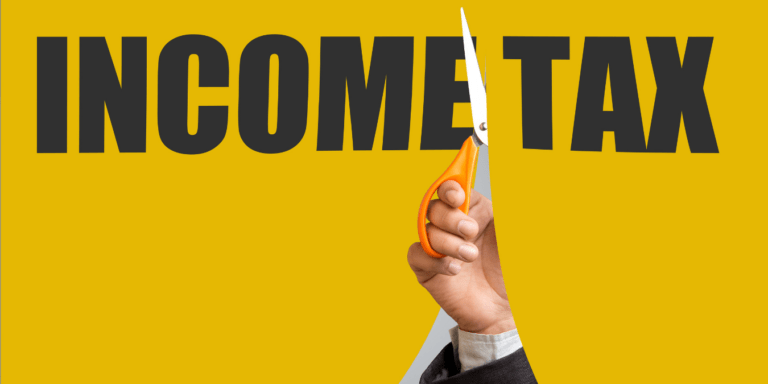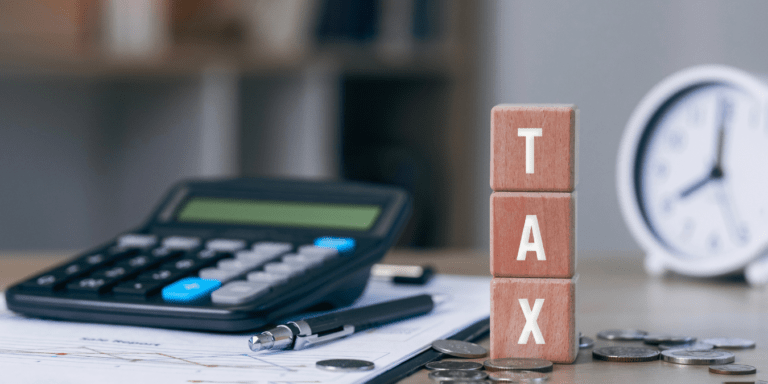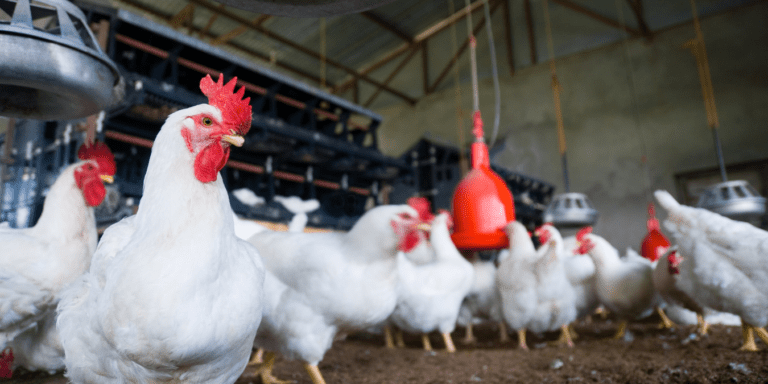
” Why income tax officers may ask for your grocery and restaurant bills. Learn about tax scrutiny, high-value transactions, and AI-driven audits. Expert tips to stay compliant and avoid penalties. Stay informed and protect yourself from unnecessary tax trouble. Read more! “
In recent years, the scrutiny of personal finances by income tax authorities has intensified. One of the more surprising aspects of this scrutiny is the request for detailed records of everyday expenses, such as grocery and restaurant bills. This blog post delves into the reasons behind these requests, the circumstances under which they may occur, and expert insights on how to navigate such situations. We will also explore the implications for taxpayers and provide tips on maintaining proper records to avoid potential issues.
Understanding the Context: Why Grocery and Restaurant Bills?
Income tax officers are tasked with ensuring that taxpayers report their income accurately and pay the appropriate amount of tax. In some cases, discrepancies between reported income and lifestyle expenses can raise red flags. Grocery and restaurant bills, though seemingly mundane, can provide insights into an individual’s spending habits and overall financial health.
Key Reasons for Scrutiny:
- Mismatch Between Income and Expenditure:
If your reported income does not align with your lifestyle expenses, tax officers may investigate further. For instance, if you claim a modest income but frequently dine at high-end restaurants or shop at luxury grocery stores, it could indicate undisclosed income or assets. - Cash Transactions:
Large cash transactions, especially in grocery or restaurant bills, can attract attention. The Income Tax Department is particularly wary of cash payments exceeding ₹10,000, as these must be reported under the Income Tax Act. - Business Expense Claims:
Self-employed individuals or business owners often claim expenses like meals and groceries as business costs. Tax officers may request bills to verify the legitimacy of these claims and ensure they are not inflated or fabricated. - High-Value Purchases:
Frequent purchases of high-value items, such as imported goods or premium products, can trigger scrutiny. These purchases may suggest a higher standard of living than what your reported income supports. - Data Analytics and AI-Driven Scrutiny:
The Income Tax Department has adopted advanced data analytics and artificial intelligence to identify discrepancies in tax filings. These tools can flag unusual spending patterns, prompting officers to request supporting documents like bills. - Lifestyle Analysis: Tax authorities use lifestyle analysis to ensure that an individual’s reported income aligns with their spending habits. If there is a significant discrepancy between the two, it may indicate undeclared income or tax evasion.
- Investigation of High Net-Worth Individuals: High net-worth individuals (HNIs) are often subject to more rigorous scrutiny. Tax authorities may request detailed expense records to ensure that their reported income matches their lifestyle and spending patterns.
When Income Tax Officers May Ask for Your Bills
Income tax officers typically request grocery and restaurant bills during specific circumstances, such as:
- Scrutiny Assessments: During a scrutiny assessment, tax officers may request detailed records of expenses to verify the accuracy of the income reported in the tax return. This is often done under Section 142(1) of the Income Tax Act.
- Suspicion of Tax Evasion: If there are indications of tax evasion, such as low bank withdrawals despite a luxurious lifestyle, tax officers may request expense records to investigate further.
- Random Audits: Occasionally, taxpayers may be selected for random audits. During these audits, tax officers may request various financial records, including grocery and restaurant bills, to ensure compliance with tax laws.
- High-Value Transactions: If a taxpayer is involved in high-value transactions, such as purchasing expensive assets, tax officers may request expense records to verify the source of funds and ensure that the income reported is accurate.
When Can Income Tax Officers Ask for These Bills?
Income tax officers typically request grocery and restaurant bills during specific scenarios, such as:
1. Income Tax Returns (ITR) Scrutiny:
If your ITR is selected for scrutiny, the tax officer may ask for additional documentation to verify your income and expenses. This could include bills for groceries, dining, travel, and other discretionary spending.
2. Survey or Search Operations:
During surveys or search operations, tax officers may examine your financial records, including bills, to identify unreported income or discrepancies.
3. Random Audits:
The Income Tax Department conducts random audits to ensure compliance. If your case is selected, you may be asked to provide bills and other supporting documents.
4. High-Value Transactions:
If you engage in high-value transactions, such as purchasing luxury items or frequently dining at expensive restaurants, tax officers may request bills to ensure these expenses align with your reported income.
5. Suspicion of Tax Evasion:
If there is reason to believe you are underreporting income or inflating expenses, tax officers may investigate further by requesting bills and other financial records.
What Do Experts Say?
Tax experts emphasize the importance of maintaining accurate records and being prepared for potential scrutiny. Here are some key insights from professionals:
- Maintain Proper Documentation:
Experts recommend keeping all bills and receipts for at least six years, as the Income Tax Department can scrutinize records from previous years.
- Be Transparent About Income and Expenses:
Ensure that your reported income aligns with your lifestyle and spending habits. Discrepancies can lead to audits and penalties.
- Understand the Limits of Cash Transactions:
Under Section 40A(3) of the Income Tax Act, cash payments exceeding ₹10,000 in a single day are disallowed as business expenses. Be mindful of this limit to avoid complications.
- Use Digital Payments:
Digital payments leave a clear trail and are less likely to attract scrutiny compared to cash transactions. Opt for credit cards, debit cards, or UPI for high-value purchases.
- Maintain Detailed Records:
Keeping detailed records of all expenses, including grocery and restaurant bills, can help taxpayers respond to requests from tax authorities promptly and accurately. This includes maintaining receipts, invoices, and digital records.
- Consult a Tax Professional:
Engaging a tax professional can help taxpayers understand their obligations and ensure that their records are in order. Tax professionals can also provide guidance on how to respond to requests from tax authorities.
- Be Transparent:
Transparency is key when dealing with tax authorities. Providing accurate and complete information can help build trust and reduce the likelihood of further scrutiny.
How to Respond to Requests for Bills
If an income tax officer requests your grocery or restaurant bills, here’s what you should do:
- Stay Calm and Cooperative:
Respond promptly and provide the requested documents. Being uncooperative can escalate the situation. - Verify the Request:
Ensure the request is legitimate and comes from an authorized officer. You can cross-check with the Income Tax Department if needed. - Provide Accurate Information:
Submit only genuine bills and avoid tampering with documents. Falsifying records can lead to severe penalties. - Seek Clarification:
If you’re unsure why certain bills are being requested, ask the officer for clarification. Understanding the reason can help you address their concerns effectively.
Real-Life Incidents and State-Specific Examples
Several real-life incidents and state-specific examples highlight the increasing scrutiny by income tax officers:
- Delhi: In a notable case in Delhi, a high-net-worth individual was asked to provide detailed records of grocery and restaurant bills after the tax authorities noticed a significant discrepancy between his reported income and lavish lifestyle. The investigation revealed undeclared income and led to substantial penalties.
- Maharashtra: In Maharashtra, a businessman faced scrutiny when his bank withdrawals did not match his reported income. The tax officers requested detailed expense records, including grocery and restaurant bills, to verify his claims. The investigation uncovered significant cash transactions that were not reported.
- Karnataka: In Karnataka, a tech entrepreneur was asked to provide detailed records of his expenses during a random audit. The tax authorities requested grocery and restaurant bills to ensure that his reported income matched his spending habits. The audit revealed discrepancies that led to further investigation.
- Tamil Nadu: In Tamil Nadu, a high-profile case involved a celebrity who was asked to provide detailed records of her expenses, including grocery and restaurant bills. The tax authorities used lifestyle analysis to verify her reported income, leading to the discovery of undeclared earnings.
Implications for Taxpayers
The request for grocery and restaurant bills by income tax officers has several implications for taxpayers:
- Increased Compliance Burden: Taxpayers may need to invest more time and effort in maintaining detailed records of their expenses. This can be particularly challenging for individuals with complex financial situations.
- Potential Penalties: Failure to provide requested records or discrepancies in reported income can result in penalties and interest charges. In severe cases, it may also lead to legal action.
- Privacy Concerns: Some taxpayers may have concerns about the privacy of their financial information. It is important to understand that tax authorities are bound by confidentiality rules and are required to handle personal information with care.
- Impact on Financial Planning: The increased scrutiny of expenses may impact financial planning and budgeting. Taxpayers may need to be more mindful of their spending habits and ensure that their reported income accurately reflects their lifestyle.
The request for grocery and restaurant bills by income tax officers is part of a broader effort to ensure compliance with tax laws and detect potential tax evasion. By understanding the reasons behind these requests and taking proactive steps to maintain detailed records, taxpayers can navigate these situations effectively. Consulting with tax professionals and being transparent with tax authorities can also help mitigate potential issues and ensure a smooth assessment process.
-
8th Pay Commission Breaking: 5 Promotions, OPS Back, CGHS ₹20K – What Staff Bodies Want Now
th Pay Commission Twist: Govt staff demand 5 career promotions, full OPS revival, and CGHS allowance exploding from
-
Thousands of Widows and Disabled Pensioners Now Eligible for Free Treatment — What Changed Under PM-JAY?
Widows and disability pensioners were silently excluded from PM-JAY for years — and most still don’t know they’re
-
Saudi Arabia Bans Poultry & Egg Imports From 40 Countries — Is India on the List?
Saudi Arabia just banned poultry and egg imports from 40 countries — and India is on the list.







